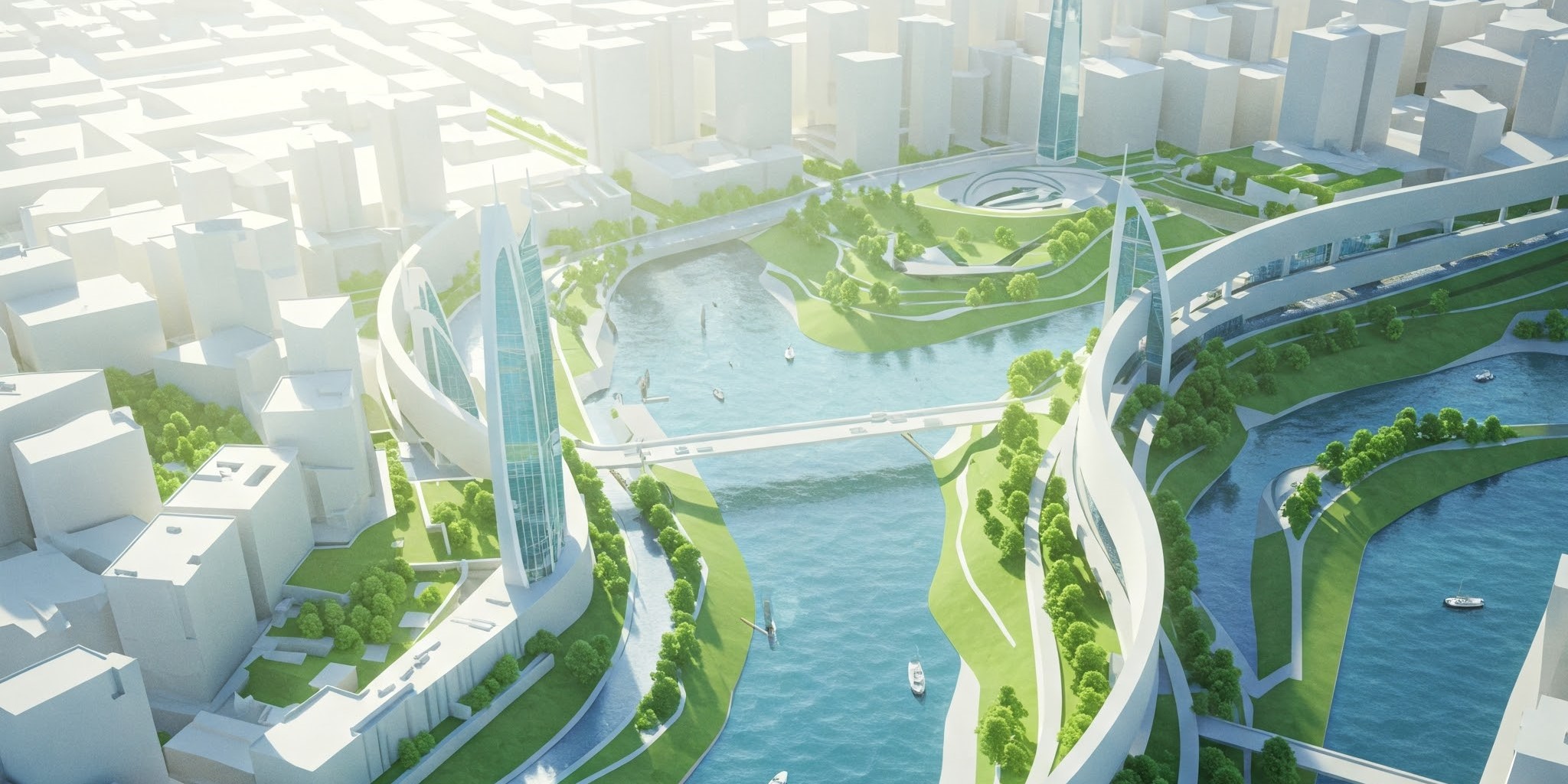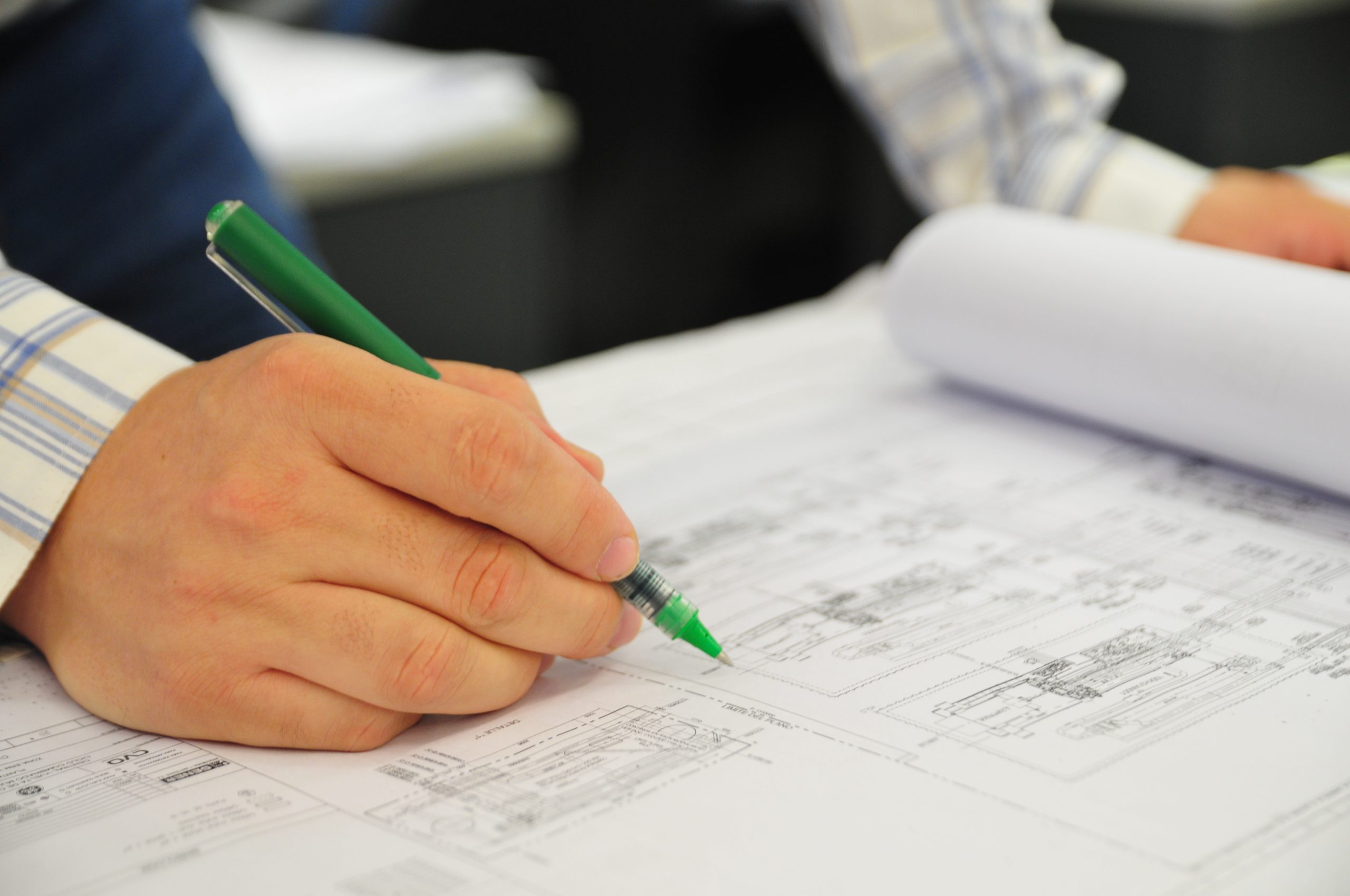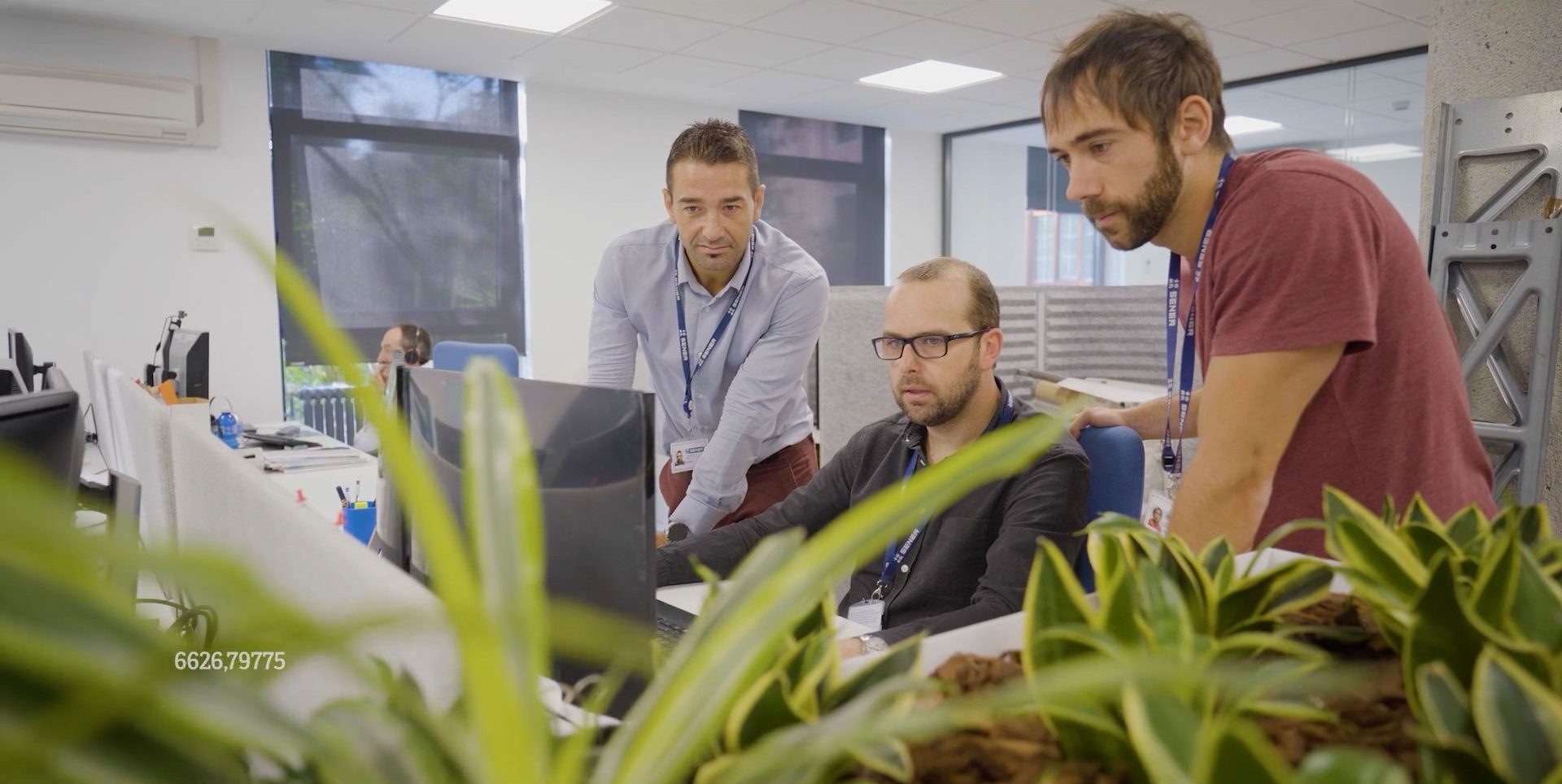
- Mobility & Infrastructures
Categories:
Lately, there have been increasingly frequent episodes of persistent droughts, as well as floods and torrential rains.
In the case of droughts, we see the administration urgently seeking more or less creative solutions to obtain water quickly while also imposing consumption restrictions across all economic sectors.
During torrential rains, sometimes causing terrible flooding, efforts are directed, reactively, to alleviate their effects.
However, shouldn’t urban planning—both for existing urban areas and new developments—be addressing water management as a key priority, adapting it to the new paradigm?
Seven of the ten basins with the highest water stress in the European Union are in Spain, according to the European Environment Agency. Improving efficiency in water management is the only way to address this challenge. This requires treating it as an integral part of urban municipal management and incorporating it into urban development plans from the very beginning.
Preventing problems is much more efficient and profitable than correcting them. All new development and redevelopment plans should include a water study (in addition to a hydrological study) with a comprehensive resource management system that ensures long-term sustainability. This must take into account the clear and present impacts of climate change.
A challenge associated with implementing this planning lies in the issue of responsibility. While urban planning and land management fall under municipal authority, water management and usage planning are the responsibility of basin organisations, which operate under the jurisdiction of the central government.
However, the uses of soil are linked to the uses of water, and therefore planning must be done jointly.
I won’t elaborate on the importance of water for life—it is well known. Nor on who consumes more or less water. Each sector uses the water it needs for its activity and must do so with prudence and efficiency. We will then focus on the aspects that we need to take into account in urban planning with regard to water, its origin, quality and quantity, its use and its efficient and sustainable management.
Main factors to consider in water management
Most of the scientific articles agree that the unprecedented crisis we are facing today is not so much a consequence of water scarcity (worsened by climate change), but rather due to poor water management at the source. In particular, in cities, supply and sanitation services are very irregular and have unequal coverage, which increases inequality between developed and underdeveloped countries and economies.
The different technologies developed for water recycling and reuse are already widely tested and used.As a result, we can say that recycling can sustain entire cities for extended periods with only a minimal input of fresh water. Everything depends on how demand is managed in the different uses required.
On the other hand, information systems—both geolocated and non-geolocated—enable real-time access to specific data on all necessary variables, allowing for an efficient, comprehensive and bidirectional management of the water cycle.
Urban infrastructure design must consider the effective management of water and its entire cycle, and therefore, it must be mandatory to integrate it as part of urban planning. Furthermore, the regulation and legislation on water use must be expanded to cover all aspects it affects within the city and its surroundings. This includes integrating the management of rainwater, surface and groundwater treatment, distribution networks, wastewater collection and treatment, as well as recirculation, regeneration, and reuse.
Water has always been considered as an unlimited resource, as the natural water cycle continuously renews it. However, this concept must shift to focus on its management as a key factor in ensuring that water is consistently produced in the required quantity and quality for each specific use. Thus, its efficient management is a determining factor today in all processes related to cities.
Anna María Oliver
Anna María Oliver is a chemical engineer and project manager at Sener. She has extensive experience in water management, environmental strategy, engineering, and facilities. She has worked for over 30 years developing projects in these fields, starting in technical positions and, for 18 years, in management positions.









